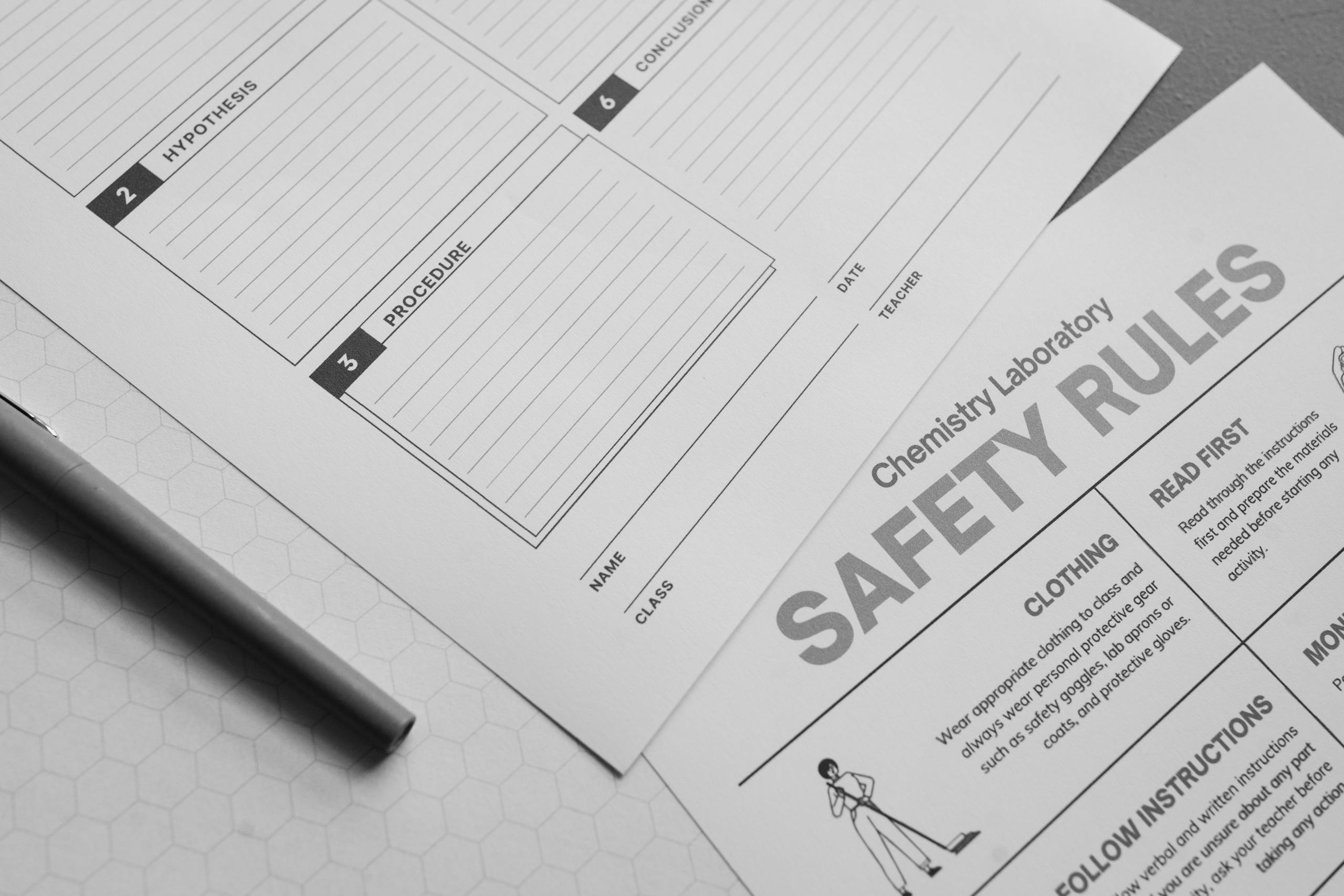Ethical Considerations in Modern Mental Health Practice: Staying Updated with New Guidelines (4 Suggestions)
Introduction
Ethical considerations are not only a guideline, but an essential component of professional practice in the quickly developing field of mental health today. It’s critical for mental health practitioners to stay up to date on the most recent ethical standards as they negotiate emerging technologies, shifting social norms, and a clientele that is growing in diversity. This article examines the most recent modifications to the ethical standards, discusses them, and provides helpful guidance for upholding moral integrity in contemporary mental health practice.

The Foundation of Ethical Practice
Effective mental health practice is built on ethics, which directs practitioners to provide considerate and efficient care. Maintaining the highest standards of practice is ensured by professionals by understanding and following by these 4 fundamental ethical concepts.
1. Autonomy
In order to respect client autonomy, one must acknowledge and uphold the right of clients to choose their own mental health providers. This entails educating patients about their available treatment choices and honouring their choices, even if they differ from the advice of a professional. For instance, in order to make an informed decision regarding their care, clients should be thoroughly informed about the risks and advantages of various therapies.
2. Beneficence
According to this principle, one should act in the client’s best interest. It is the duty of mental health providers to offer interventions that advance their patients’ wellbeing. This entails taking into account both the long-term advantages and results in addition to the client’s current problems.
3. Non-maleficence
Professionals must make sure their acts do not unnecessarily cause pain or suffering in accordance with the core ethical concept of avoiding harm. In order to prevent negative impacts on the client’s mental health, this principle requires a thorough assessment of the advantages and dangers associated with each therapeutic activity.
4. Justice
It’s critical to guarantee justice and equal access to mental health services. This principle calls for providing services that are accessible to anyone with a range of requirements and backgrounds, treating every client equally and without bias. It also entails treating patients with cultural competence and overcoming any personal prejudices.
Recent Developments in Ethical Guidelines
Since 2014, there have been several notable developments in ethical guidelines for mental health practice. These updates address emerging issues such as digital confidentiality, cultural competence, and managing dual relationships.
1. Informed Consent and Transparency
Though more openness is required, informed consent is still a crucial part of ethical behaviour, according to recent improvements. Particularly in the context of digital and remote therapy, the APA’s 2017 revision of the Ethical Principles of Psychologists and Code of Conduct emphasises the significance of giving clients clear, thorough information about their treatment and the boundaries of confidentiality (American Psychological Association, 2017).
It is now mandatory for mental health practitioners to make sure that their patients are aware of the possible risks involved with teletherapy, including the protection of their private data. This includes talking about the data handling practices of digital platforms, the possibility of data breaches, and the precautions taken to maintain client anonymity.
2. Confidentiality and Data Security
Confidentiality and data security are now top ethical concerns due to the growth of teletherapy and electronic health records. Tolin (2020) offers a comprehensive analysis of these problems, highlighting the difficulties and solutions associated with upholding confidentiality in the digital era.
Strong cybersecurity measures must be put in place by professionals to guard client data from breaches and illegal access. Ensuring compliance with rules like the Health Insurance Portability and Accountability Act and comprehending the legal ramifications of data breaches are essential for protecting customer information.
3. Cultural Competence and Diversity
Cultural competence has become increasingly important in mental health practice. The NASW’s 2017 revision of the Code of Ethics emphasizes the need for professionals to provide culturally competent care (National Association of Social Workers, 2017).
Understanding and appreciating the varied origins of clients—including their socioeconomic, ethnic, and cultural contexts—is a necessary component of cultural competence. This entails recognising and resolving any prejudices that might impact the therapeutic relationship. To increase their cultural competency and the efficacy of their treatments, professionals are urged to participate in ongoing self-reflection and education.
4. Dual Relationships and Boundaries
Maintaining professional boundaries and navigating dual relationships are constant ethical problems. Conflicts of interest and ethical dilemmas can arise in dual relationships, in which a therapist serves a client in two capacities (for example, as a therapist and a member of the community). A thorough framework for regulating these interactions is provided by Koocher and Keith-Spiegel (2021), who stress the importance of having defined limits in order to prevent any potential exploitation or harm.
Professionals must be vigilant in maintaining appropriate boundaries and avoiding situations where their professional judgment could be compromised. This includes being transparent with clients about the potential risks and ensuring that any dual relationships do not negatively impact the therapeutic process.
4 Practical Advices for Staying Updated
To ensure that your practice remains ethical and up-to-date, consider the following strategies:
1. Regularly Review Ethical Codes
Professional organizations periodically update their ethical codes to reflect new developments and issues. Regularly reviewing these documents ensures that you are aware of the latest standards and can integrate them into your practice. This proactive approach helps in adapting to changes and maintaining compliance with current ethical guidelines.
2. Engage in Continuing Education
Maintaining current knowledge on ethical advances and behaviours requires ongoing education. Seek for training seminars, webinars, and workshops that address ethical concerns related to mental health. These learning opportunities can offer up-to-date information on new regulations and difficulties as well as practical insights.
3. Consult Peer-Reviewed Journals
Peer-reviewed journals are an excellent source of information about current findings and developments in the field of ethics. Journals like the Journal of Clinical Psychology and Psychotherapy Research often publish articles that address contemporary ethical dilemmas and emerging issues in mental health.
4. Join Professional Associations
Gaining access to resources, publications, and platforms for debating ethical issues is made possible by joining professional associations. Interacting with these forums can offer insightful information about how other professionals are handling comparable issues as well as invaluable support.
Conclusion
Ethical considerations are integral to effective mental health practice. By staying updated with new guidelines and developments, mental health professionals can ensure their practice remains both current and ethically sound. Regularly reviewing ethical codes, participating in continuing education, consulting recent research, and engaging with professional associations are essential strategies for maintaining high standards of care.
References
American Psychological Association. (2017). Ethical principles of psychologists and code of conduct. https://www.apa.org/ethics/code
Koocher, G. P., & Keith-Spiegel, P. (2021). Ethics in psychology: Professional standards and cases. Oxford University Press.
National Association of Social Workers. (2017). Code of ethics. https://www.socialworkers.org/About/Ethics/Code-of-Ethics
Tolin, D. F. (2020). Confidentiality in the digital age: Challenges and solutions. Journal of Clinical Psychology, 76(6), 1096-1109. https://doi.org/10.1002/jclp.23012






